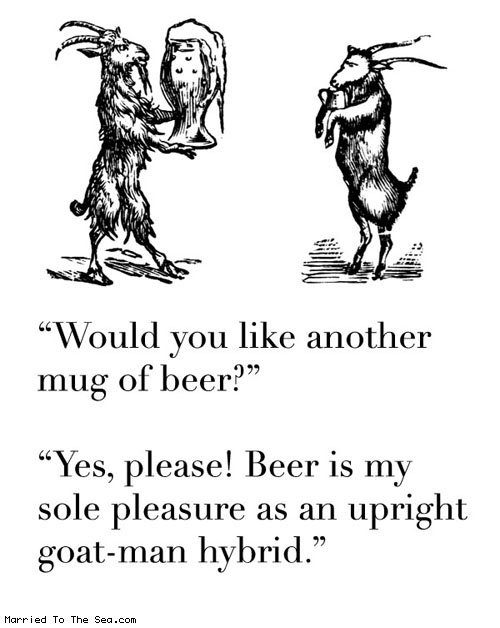 One of the least written about careers toward which English
majors might naturally gravitate is the literary agent. Though literary agency,
or literary representation, is not a subject normally taught in school,
literary agents are as much a part of the book business as are writers and
publishers. What some English majors who are starting to think seriously about
a career path may not know is that literary agents are indispensable in the
ever churning mill of the book business.
Literary agents are the brokers between authors and publishers. Literary agents find emerging writers and
help those writers prime their work to a saleable product while at the same
time finding saleable authors for commercial publishing companies who rely on agents
for this service.
One of the least written about careers toward which English
majors might naturally gravitate is the literary agent. Though literary agency,
or literary representation, is not a subject normally taught in school,
literary agents are as much a part of the book business as are writers and
publishers. What some English majors who are starting to think seriously about
a career path may not know is that literary agents are indispensable in the
ever churning mill of the book business.
Literary agents are the brokers between authors and publishers. Literary agents find emerging writers and
help those writers prime their work to a saleable product while at the same
time finding saleable authors for commercial publishing companies who rely on agents
for this service.







